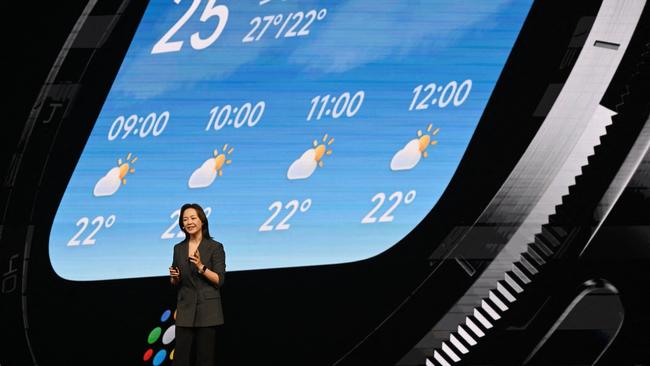Eavesdropping air fryers ‘sending data to China’
Air fryers may be serving up a side of surveillance with your chicken and chips.

Air fryers may be serving up a side of surveillance with your chicken and chips.
Three makers of the popular kitchen gadget have apps that want to record audio on your phone and send your data to China, consumer group Which? has said.
The consumer group tested four types of smart gadgets to see how invasive they were of users’ privacy. Air fryers made by Xioami, Aigostar and Cosori all wanted to record audio on users’ phones with no specified reason, as well as know the customer’s precise location, Which? said. The Aigostar and Xiaomi fryers both sent people’s personal data to servers in China and the Xiaomi app connected to trackers from Facebook and TikTok.
Among other tested devices, the Huawei Ultimate smartwatch was classed as giving invasive access to parts of someone’s phone, including precise location, the ability to record audio, access to stored files and the ability to see all the other apps installed.
All of the air fryers, watches, TVs and smart speakers that were tested required privacy consent to work properly.
The researchers said that smart TV menus were “littered with ads and thirsty for user data”. Samsung’s TV app requested eight “risky” phone permissions, including being able to see all the other apps on a phone, second only to the Huawei smartwatch, Which? said. The Bose portable home speaker and app were “stuffed with trackers, including Facebook, Google and digital marketing firm Urban Airship”, it found.

Trackers are software in an app that monitors data about your activity, including how you use the app, your location and the device you are using. This data is often sent to companies such as Facebook and Google, which use it to target users with personalised adverts.
The Information Commissioner’s Office (ICO) expressed concern over the findings. Slavka Bielikova, principal policy adviser at the ICO, said: “The results from Which?’s testing of smart products show that many products not only fail to meet our expectations for data protection but also consumer expectations.”
The ICO said it would issue guidance for smart device manufacturers in spring to “outline clear expectations for what they need to do to comply with data protection laws”.
Which? called on the ICO to include in its guidance clear advice on how consumers’ data can be used. It expressed concern that foreign manufacturers would take advantage of the ICO’s difficulties in enforcing compliance.
Huawei said it took consumers’ privacy “incredibly seriously”. Xiaomi said it adhered to all UK data protection laws and did “not sell any personal information to third parties”. Cosori said its smart products “must comply with GDPR [data protection laws]”. Aigostar did not comment.




